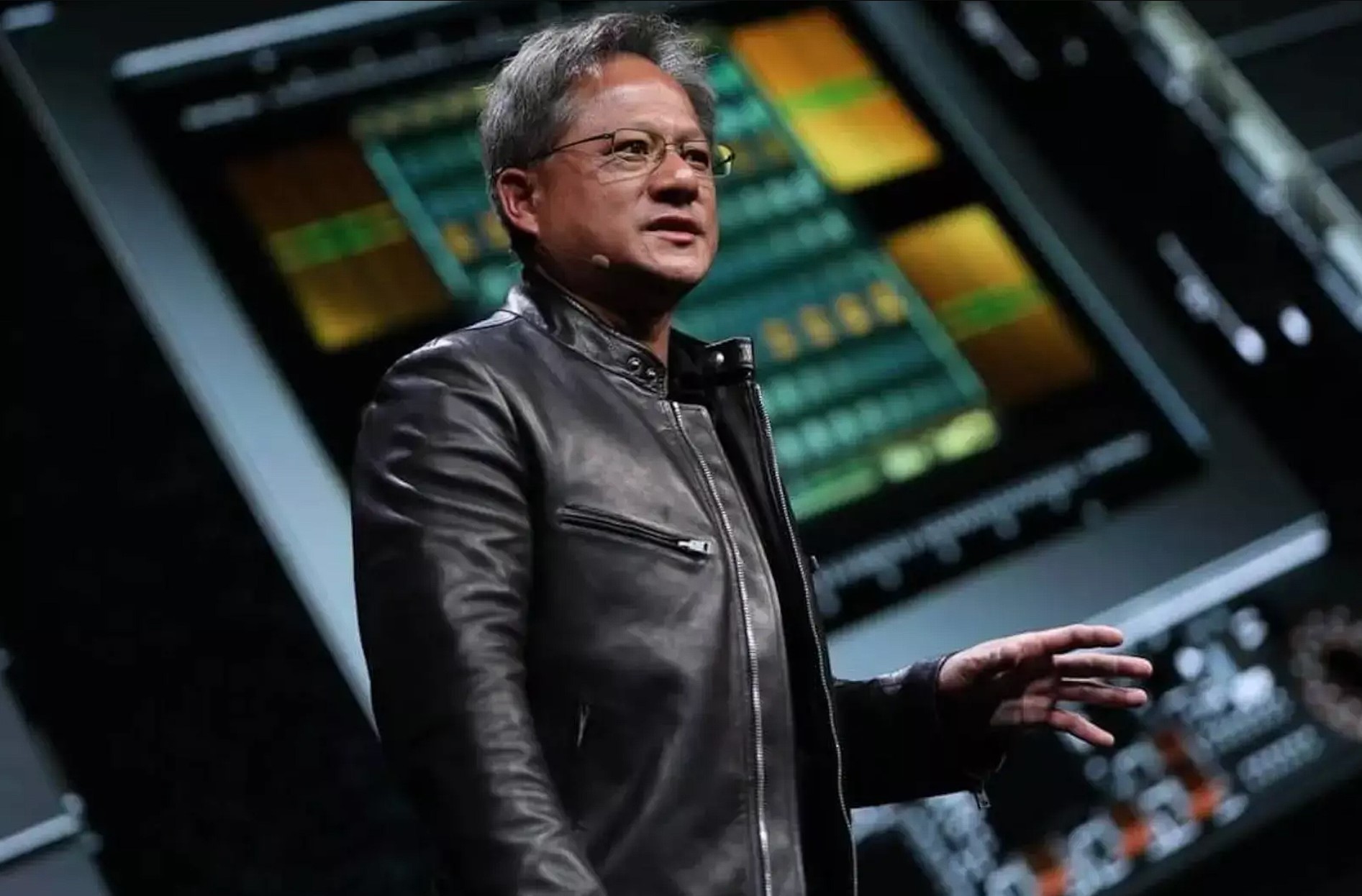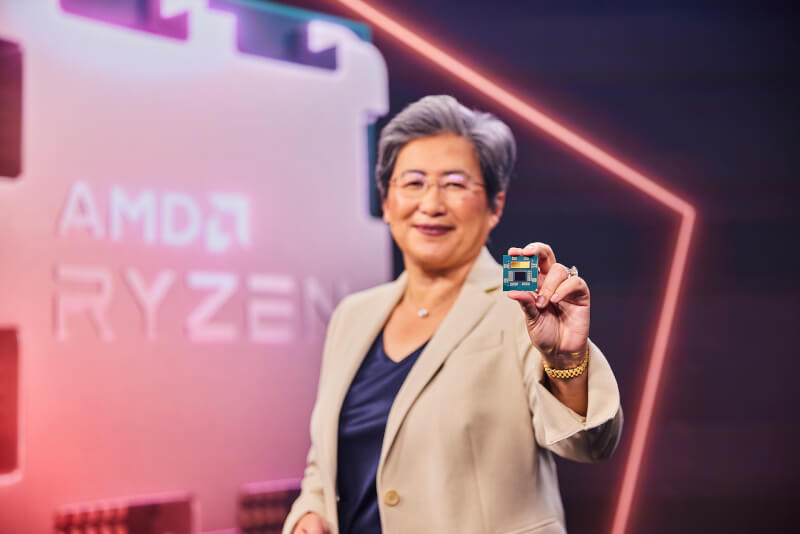Nvidia and AMD bosses battle for AI Control

Nvidia and AMD executives showcased new generations of chips that are driving global growth in AI development, opening up a sharper competition in AI that could determine the direction of artificial intelligence design and adoption.
Jensen Huang and Lisa Su, both born in Taiwan and now local celebrities for leading American tech giants, used different strategies to convey their expertise during shows at Computex in Taipei. Nvidia's CEO repeatedly reiterated its dominance in accelerators such as OpenAI and Microsoft Corp. uses to build generative AI services like ChatGPT.
Huang went so far as to hint at a chip planned for 2026 that he called Rubin, after Vera Rubin, the American woman who helped discover dark matter. This chip will be crucial to maintaining Nvidia's leading position.

While Huang focused mostly on his own two-hour presentation, AMD's Su chose to make hers more of a team effort. She introduced a stream of major partners to convey the company's focus on designing neural processors, a type of chip that runs AI services directly from laptops. The two presentations underscore the growing importance of a technology that has the potential to redefine a number of industries and create new devices that can almost instantly generate video and other content from simple commands. The competition also has a personal aspect.
Not only are Su and Huang both from Taiwan, they were both born in the same city and are distant relatives. However, this has not made them more willing to give in to each other. Nvidia sees the rise of generative AI as a new industry revolution and expects to play an important role as the technology shifts to personal computers. Huang reiterated ideas he floated a year ago, including the idea that those without AI capabilities will be left in the dust.
Visitors to the show noted that Huang's presentation underscored Nvidia's continued dominance, a position that looks difficult for AMD or other rivals to shake in the near term. Nvidia is creating a fully patent-protected system where companies can buy their chips, networking equipment and everything else required to run advanced AI development in data centers.
AMD, on the other hand, emphasizes open standards that make its hardware interoperable with that of rivals such as Intel Corp. Huang has announced that the upcoming Rubin AI platform will use HBM4, the next iteration of the high-bandwidth memory that has become a bottleneck for AI accelerator production. He did not otherwise offer any specifications for Nvidia's upcoming products.
Latest gadgets
-
19 Sepgadgets
-
23 Maygadgets
LaserPecker LP5 Laser Engraver
-
01 Maygadgets
Swytch launches Swytch Max+ Kit
-
10 Margadgets
DJI AIR 3S
-
03 Margadgets
Razer Wolverine V3 Pro
-
21 Febgadgets
OBSBOT Tiny 2 SE
-
13 Febgadgets
Corsair launches Platform:4
-
17 Jangadgets
Nerdytek Cycon3
Most read gadgets
Latest gadgets
-
19 Sepgadgets
DJI launches Mini 5 Pro
-
23 Maygadgets
LaserPecker LP5 Laser Engraver
-
01 Maygadgets
Swytch launches Swytch Max+ Kit
-
10 Margadgets
DJI AIR 3S
-
03 Margadgets
Razer Wolverine V3 Pro
-
21 Febgadgets
OBSBOT Tiny 2 SE
-
13 Febgadgets
Corsair launches Platform:4
-
17 Jangadgets
Nerdytek Cycon3






